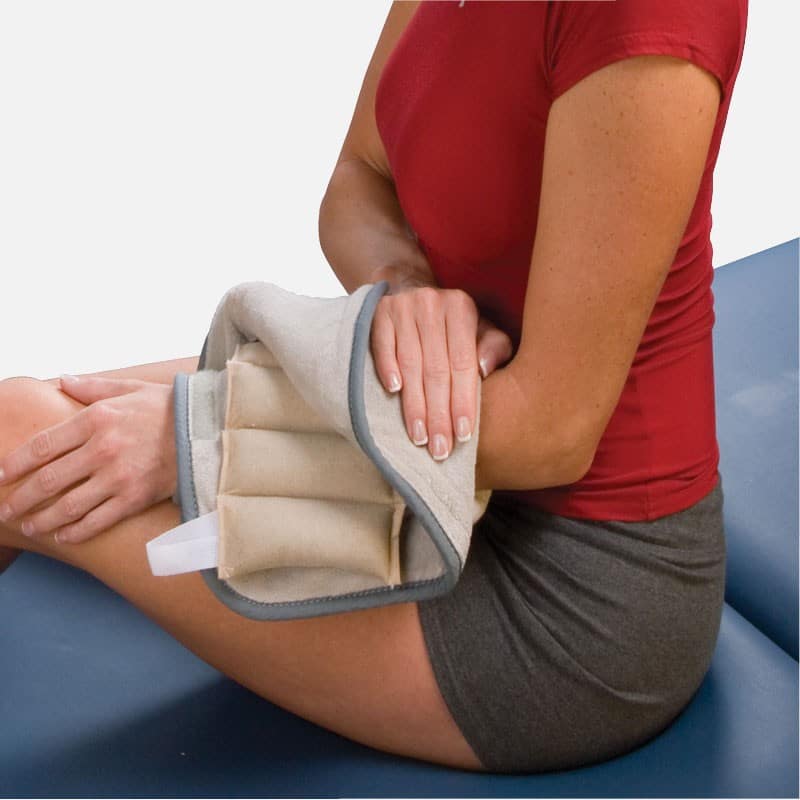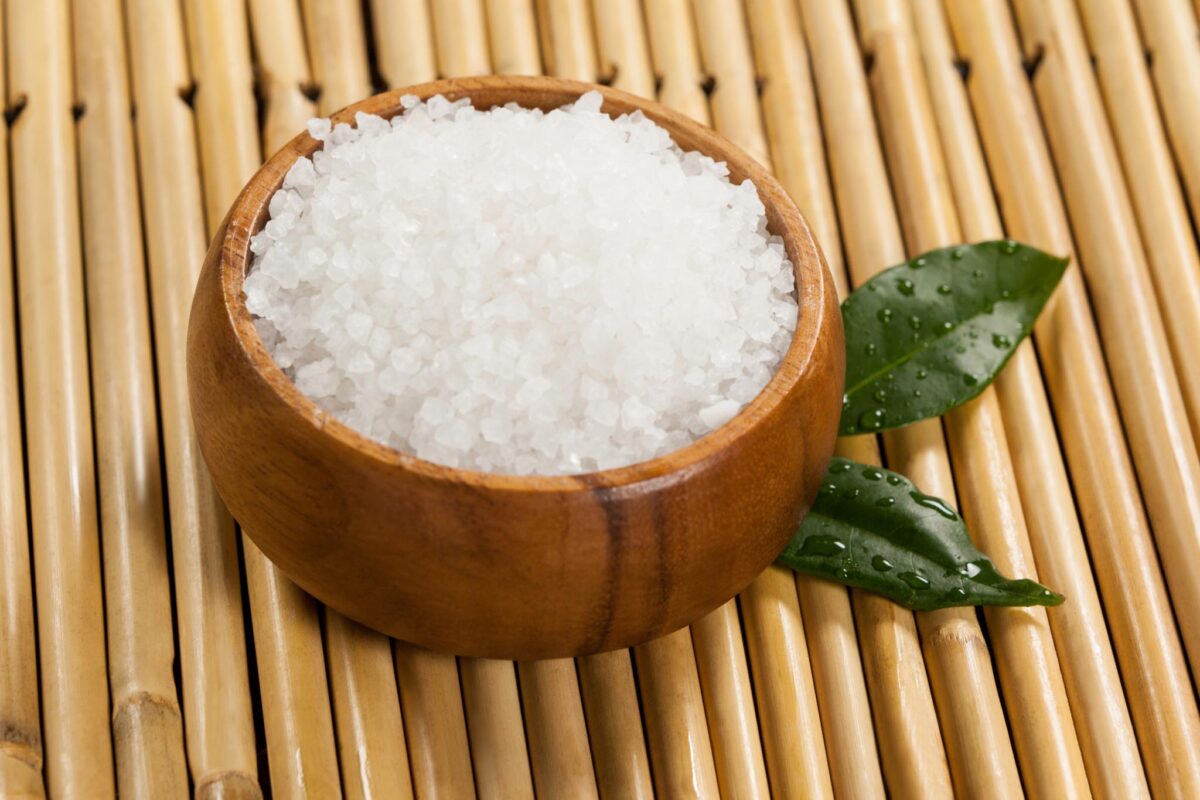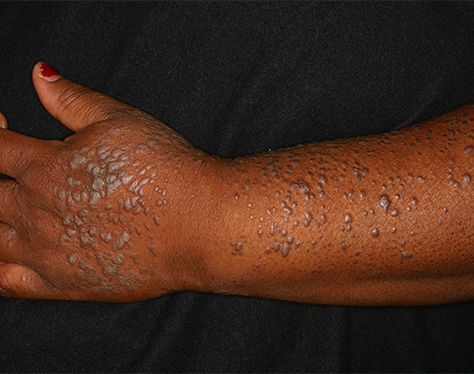Inflammation, Soreness, Neuralgia, Meditation, Epsom salt.
Root Cause of Disease
Pain can be caused by injury, inflammation, impact, stress, or chemicals. These nerves transmit this stimulation to your brain, via your spinal cord, for processing.
- Sciatica is pressure on the nerves of the lower back that causes pain down the leg. The pain can be accompanied by pins and needles, numbness, or weakness in the leg
- Fibromyalgia is a chronic pain syndrome associated with burning or aching pain in different parts of the body. The cause is not well understood, but it can be triggered by emotional distress and poor sleep. There may be genetic factors, too
- Peripheral neuropathy occurs when the peripheral nerves that connect the brain and spinal cord to the rest of the body are damaged. It’s caused by diabetes, autoimmune diseases, and other conditions
Symptoms
People with neuropathic pain are often very sensitive to touch or cold and can experience pain as a result of stimuli that would not normally be painful, such as brushing the skin. Signs and symptoms will vary, depending on the severity of the injury, and may include:
- It’s often worse at night. It might be mild or it might be severe
- People who have nerve pain often find that it interferes with important parts of life such as sleep, sex, work, and exercise
- Some people with nerve pain become angry and frustrated and may have anxiety and depression
Causes
Nerve pain can be due to problems in the central nervous system (brain and spinal cord), or in the nerves that run from there to the muscles and organs. It is usually caused by disease or injury.
Common causes include:
- An injury to the brain, spine, or nerves
- Poor blood supply to the nerves
- Heavy drinking
- Phantom pain after an amputation
Home Remedies to treat Nerve Pain
Remedy – 1: Ice packs
Materials: Ice towel or Ice Pack

Procedure:
Ice towel:
- Dampen a towel with cold water
- Fold it and place it in a plastic, sealable bag
- Place the bag in the freezer for 15 minutes
- Remove it from the freezer and place it in the affected area
An ice pack or cold compress:
- Put ice in a plastic, sealable bag
- Fill partially with water
- Seal the bag, squeezing the air out of it
- Wrap the bag in a damp towel and put it on the affected area
Product link: Cold/Hot Pack
Remedy – 2: Warm Bath in Epsom salt
Materials: Epsom Salt and Warm water.

Procedure:
Use 2 cups of Epsom salt for a standard-size bathtub filled with warm water.
- Pour the salt into running water to help it dissolve faster into the bath
- Soak in the tub for at least 12 minutes, or 20 minutes to treat muscle soreness
Adding a few drops of diluted cinnamon bark essential oil may also help ease muscle pain. Cinnamon bark oil has a warming effect on the skin that some find soothing on sore muscles. A 2017 study also found it to be a promising anti-inflammatory agent.
Adding essential oils, such as lavender or peppermint, can offer additional aromatherapy benefits, such as relaxation and improved mood.
Product link: Epsom salt
Remedy – 3: Rest and elevate
Materials: Relaxed mood and Elevating positions.

Procedure:
Elevate the injured area above the level of your heart, especially at night, which allows gravity to help reduce swelling.
Remedy – 4: Meditation

Procedure:
- Sit upright comfortably
- Breathe deeply
- Gently close your eyes
- Slowly scan your body, and notice any sensations
- Be aware of any thoughts you are having
- When your mind wanders, focus on your breath
- Gently open your eyes when you are ready
Other Remedies
Garlic and mustard compress
This is a very old home remedy that appears to work well for minor pain. You should crush a few cloves of garlic in a tablespoon of mustard oil and apply this home remedy to the affected area, covering it with a warm cloth.
Warm oil massage
You should massage the affected area with some warm oil because this can help you or combat the sharp pain that is caused by a pinched nerve. Massage activates the pressure points and this, in turn, increases the blood supply, relaxes stiff muscles, reduces pain, and improves mobility.
You should rub some warm mustard, olive, or coconut oil on the affected area. Also, you can add a few drops of peppermint oil. You should massage with gentle strokes for about 10 – 15 minutes. You should do this natural treatment 2 – 3 times per day until you notice improvements in your condition. If you cannot do this home remedy on your own, then you should ask for help.
Honey and cinnamon
This is another old home remedy which can help in the natural treatment of pinched nerves. You should mix a teaspoon of cinnamon in a tablespoon of honey and apply this home remedy to a compress.
Preventions
Regular stretching and strengthening exercises for your sport, fitness, or work activity, as part of an overall physical conditioning program, can help to minimize your risk of muscle strains.
There are also some simple changes people can make to their lifestyle to prevent muscle stiffness. These include:
- Exercising regularly
- Warming up and down before and after exercise
- Stretching the muscles
- Wearing the correct footwear during exercise
- Wearing warm clothing in cold weather
- Practicing good posture
- Ensuring furniture at home and work gives comfort and support
- Avoiding long periods of inactivity




